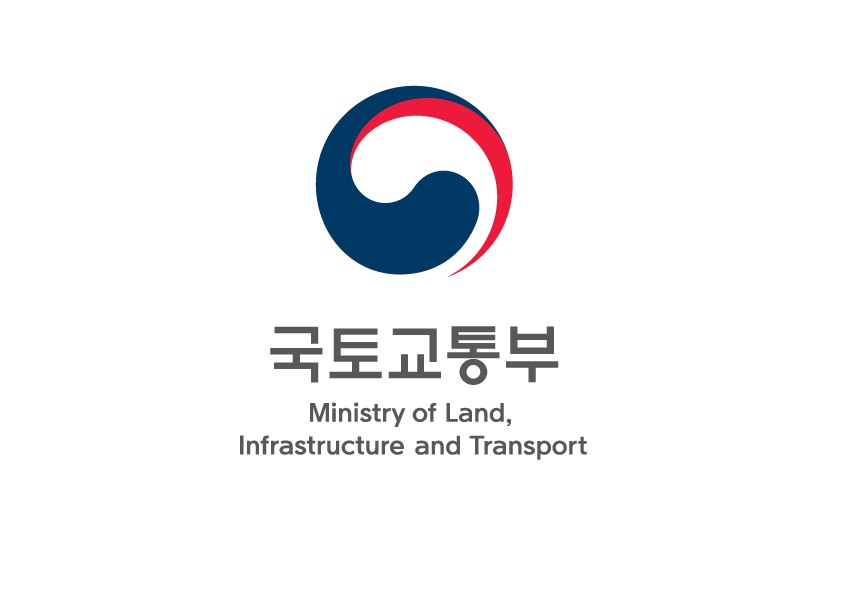
The Ministry of Land, Infrastructure and Transport organized the ‘Autonomous Vehicle Pilot Operation Zone Metropolitan Consultative Group’ on April 1 at the Sejong Government Complex with the participation of directors from 17 metropolitan and provincial governments across the country.
This consultative body has been established to enhance the effectiveness of the autonomous vehicle pilot zones, share policies, and establish a cooperative system. It aims to address operational inefficiencies and improve effectiveness.
Since 2020, 42 zones nationwide have been designated as pilot operation zones. Among the 34 zones that were designated and have been operational for more than a year, 14 zones (41%) are not yet providing services. Additionally, out of the 24 zones subject to evaluation in 2024, 13 zones (54%) received the lowest grades, D or E, among evaluations ranging from A to E.
To resolve these operational issues, the Ministry plans to shift the management from basic local administrative units to metropolitan local governments, and authority will be granted differentially based on performance, such as expanding pilot zones and adjusting the number of transportation licenses. Zones showing significantly poor performance may have their designation revoked.
The performance evaluation criteria will also change, focusing not on the occurrence of accidents but on post-accident actions, attainment rate of autonomous driving, and other substantial operational performances. This change is to reflect the completeness and management capability of the autonomous driving services.
Shadow regulations, which have hindered operations, will also be targeted for improvement. Regulations mandating escorts for test drivers, mandatory seating in all seats, and restrictions on child passengers will be gradually relaxed to align with the purpose of introducing autonomous driving technology.
The Ministry of Land, Infrastructure and Transport and local governments plan to expand the application scope of autonomous driving services to include transportation-vulnerable areas, nighttime hours, long-distance transport, and urban management. Local governments will share policy results and R&D outcomes to strengthen collaborative systems. Simultaneously, promotional and educational programs will be conducted to expand demand for autonomous vehicles.
Kim Hong-mok, director of the Mobility Automobiles Bureau at the Ministry of Land, Infrastructure and Transport, stated, “The Ministry has laid the foundation for commercializing autonomous vehicles by designating 42 pilot operation zones across the country. Through the metropolitan consultative group, we will collaborate with related ministries, industries, and local governments to advance the autonomous driving industry.”